The Leakey Foundation is pleased to announce the recipients of our fall 2023 Research Grants. These outstanding scientists are leading groundbreaking studies that will expand our understanding of humanity. Their diverse projects span the globe and cover topics ranging from ancient climate change and high-altitude adaptation to Neanderthal fire technology and the epigenomics of lifestyle changes.
We are grateful to our community of donors who make these research grants possible. Please consider making a donation today. With your help, we can continue to illuminate the past, understand the present, and shape a future filled with new discoveries.
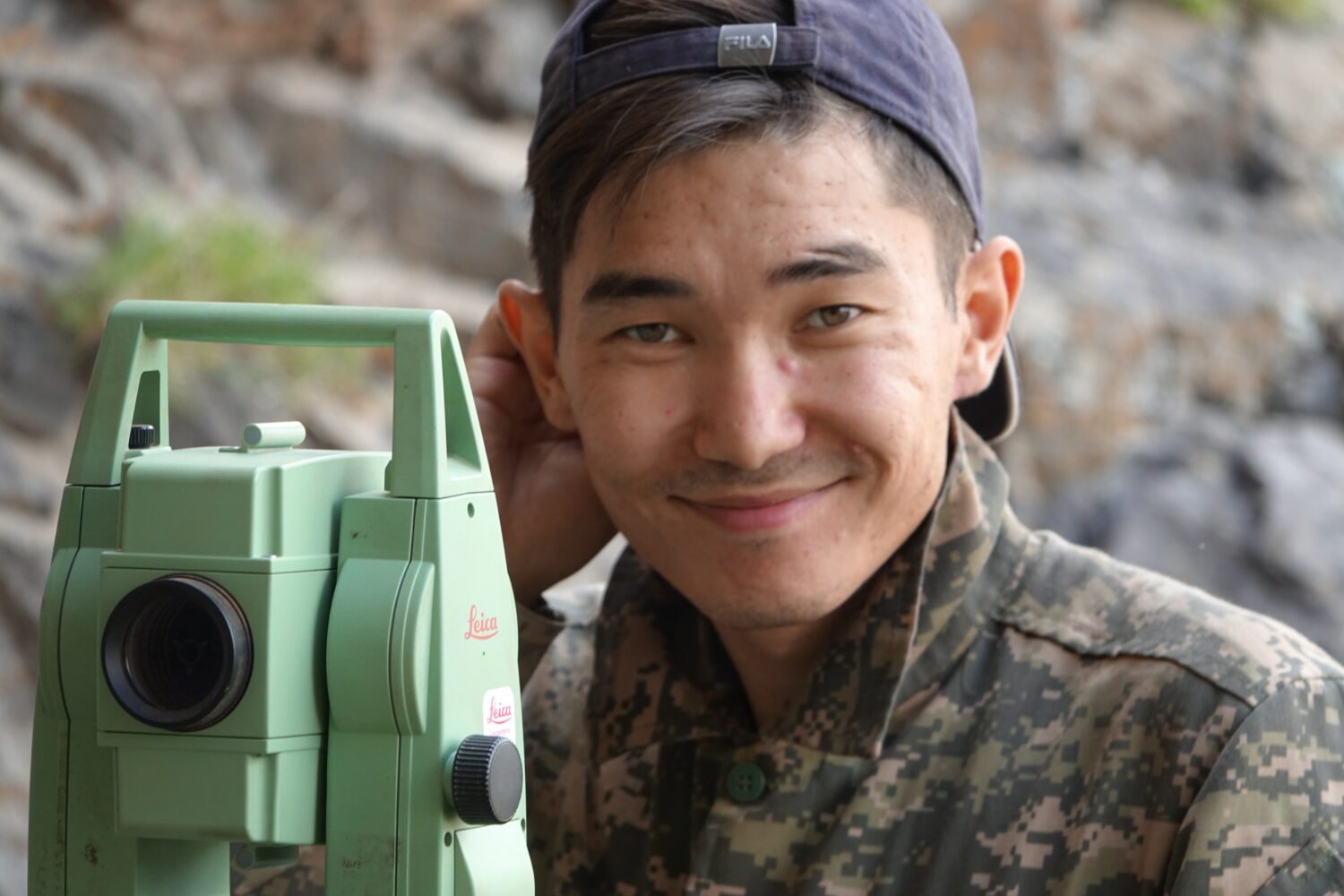
Abay Namen, Nazarbayev University: Hominin adaptations to climatic instabilities in mid-altitude regions of the northern Tian Shan piedmonts during the Late Pleistocene
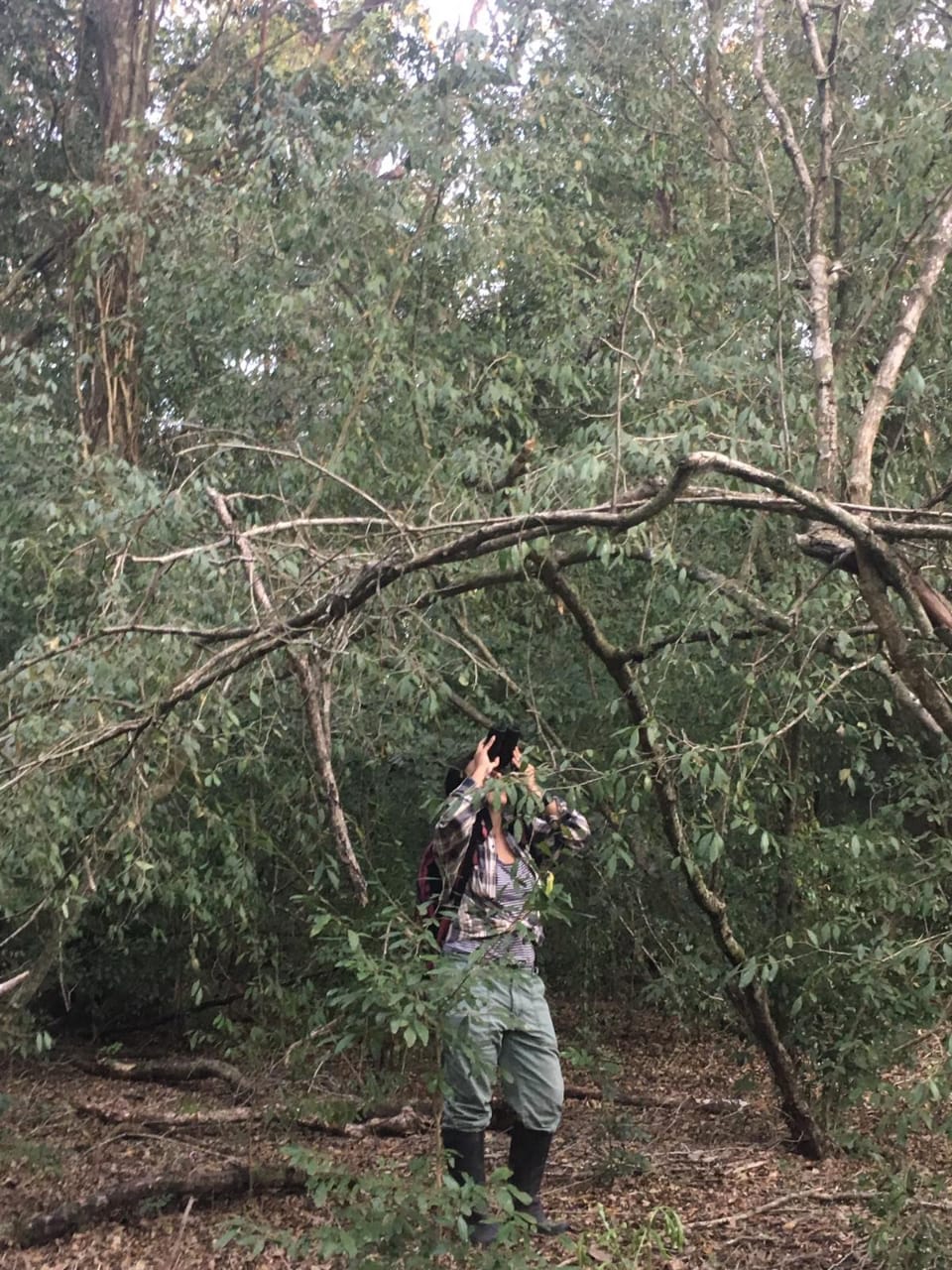
Alba Garcia de la Chica, Facultad de Ciencias Exactas y Naturales, Universidad de Buenos Aires: Mechanisms and fitness consequences of pair formation in wild monogamous Azara´s owl monkeys (Aotus azarae) from Argentina
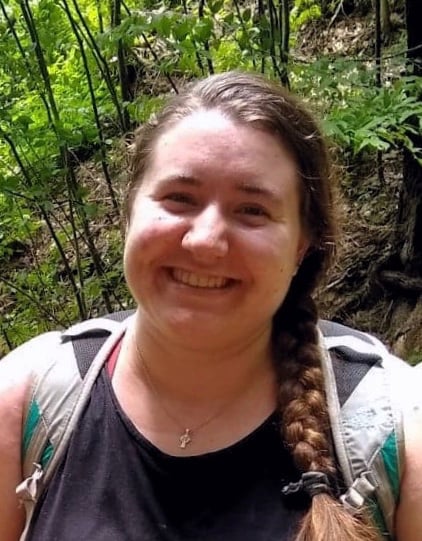
Amanda Johnston, Columbia University in the City of New York: Exploring the effects of rapid population decline on genetic diversity in an isolated population of golden monkeys (Cercopithecus mitis kandti)
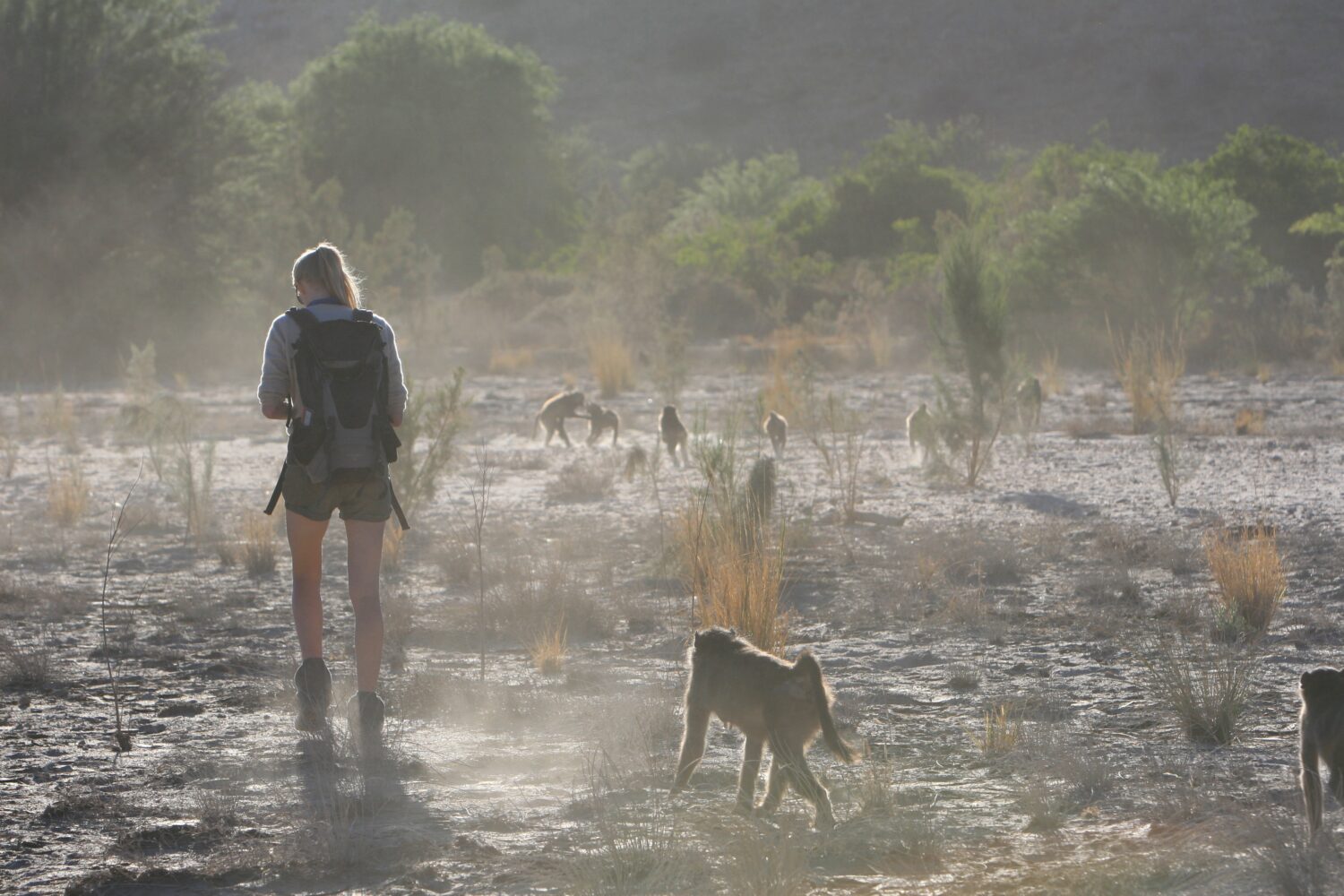
Alecia Carter, University College London: Wild baboons can innovate tools, but do not have a tool use culture: Understanding social learning constraints on tool use in a Namibian baboon
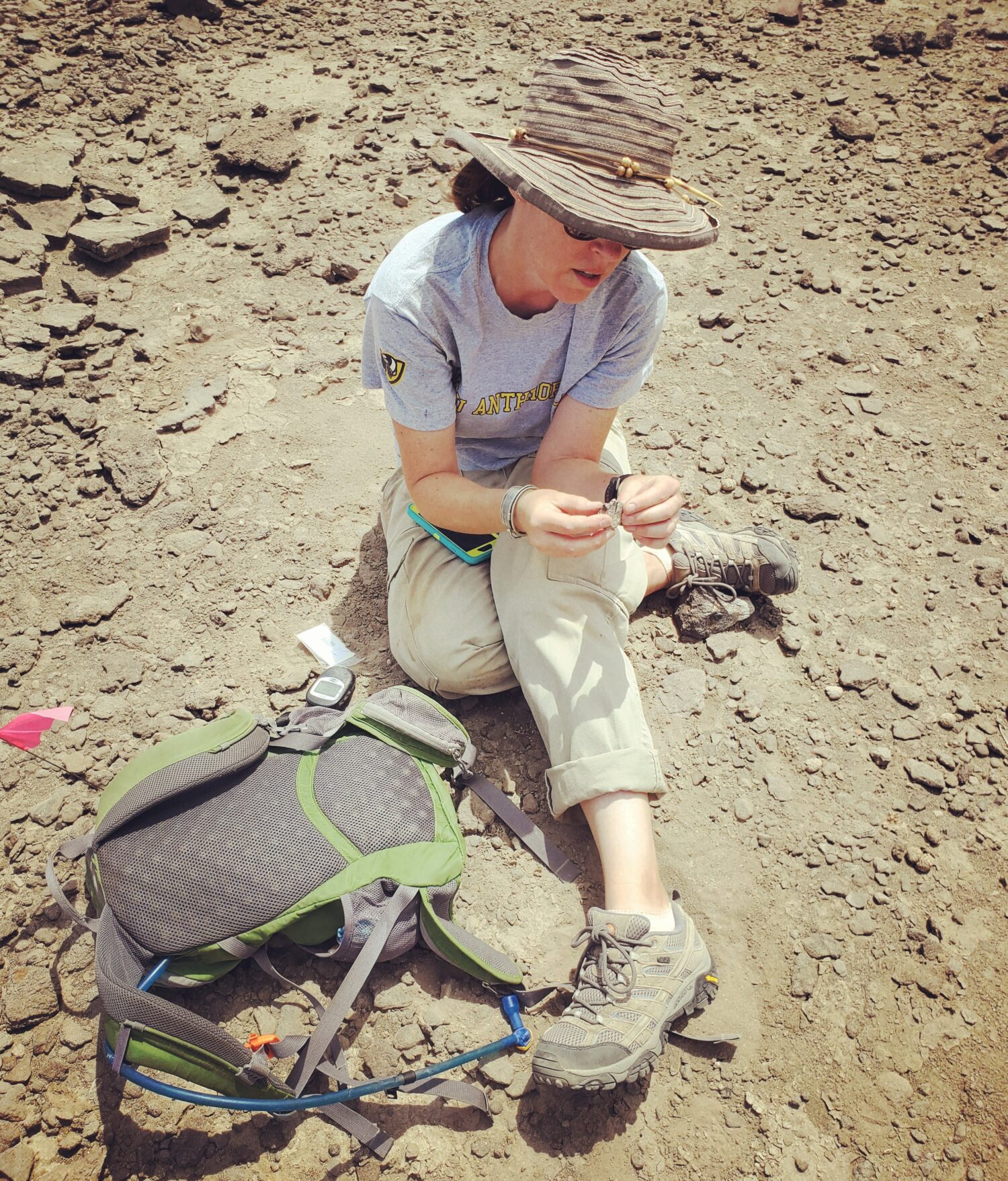
Amy Rector, Virginia Commonwealth University: Hominin diversity and evolution at Ledi-Geraru, Afar Region, Ethiopia
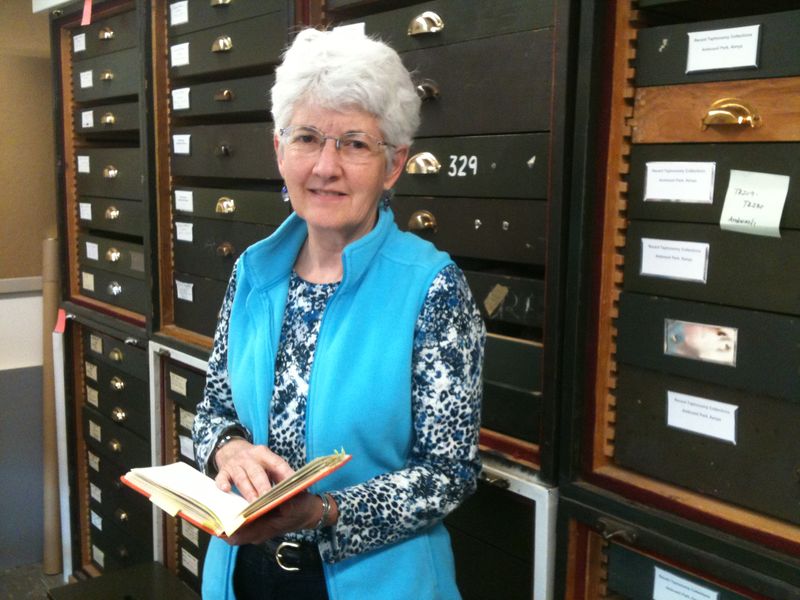
Anna K. Behrensmeyer*, Smithsonian Institution: A taphonomy reference collection for the National Museums of Kenya
*2024 Gordon P. Getty Award Laureate
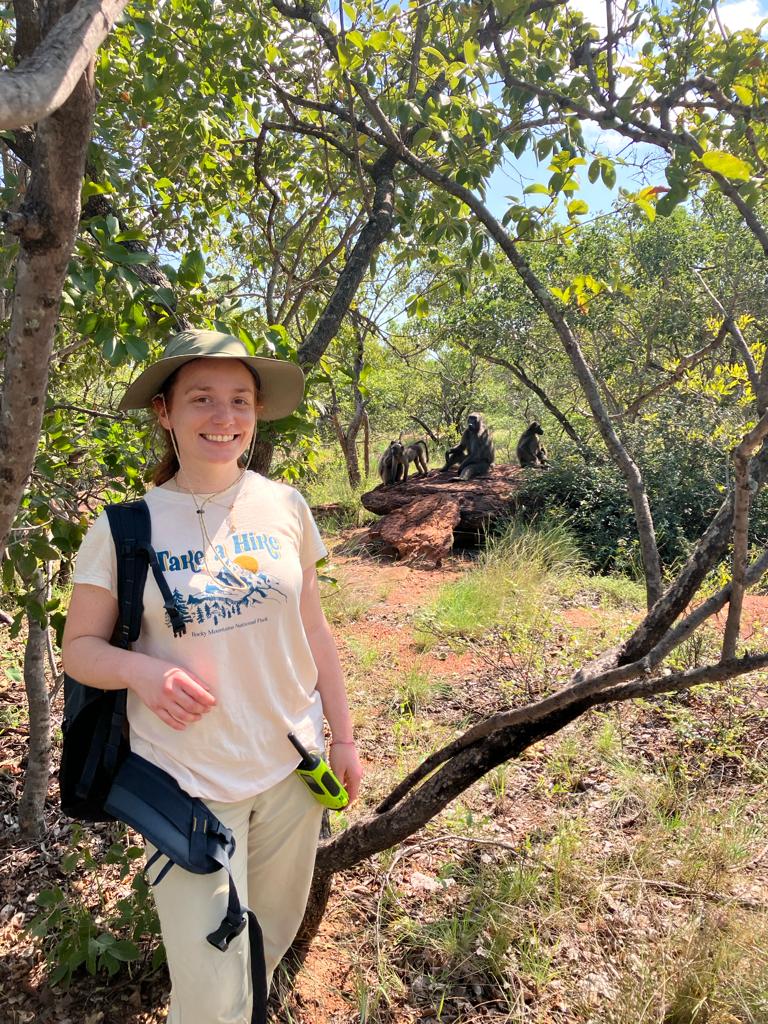
Miranda Ventrella, Durham University: Non-invasive psycho-physiological techniques to measure affective states in wild Chacma baboons (Papio ursinus)
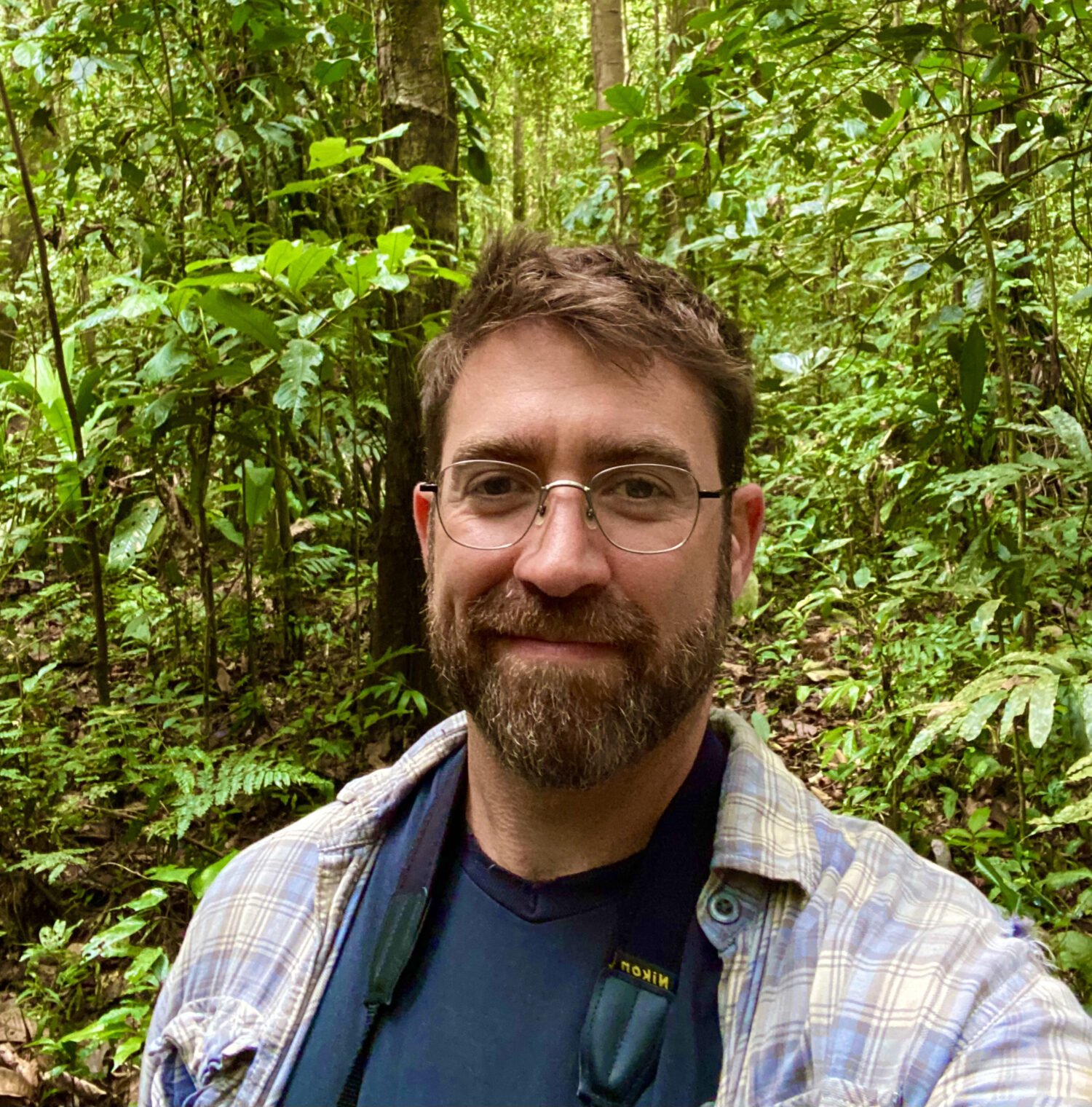
Christopher Schmitt, Boston University: Fission-fusion dynamics in a high-altitude ateline primate (Lagothrix flavicauda)
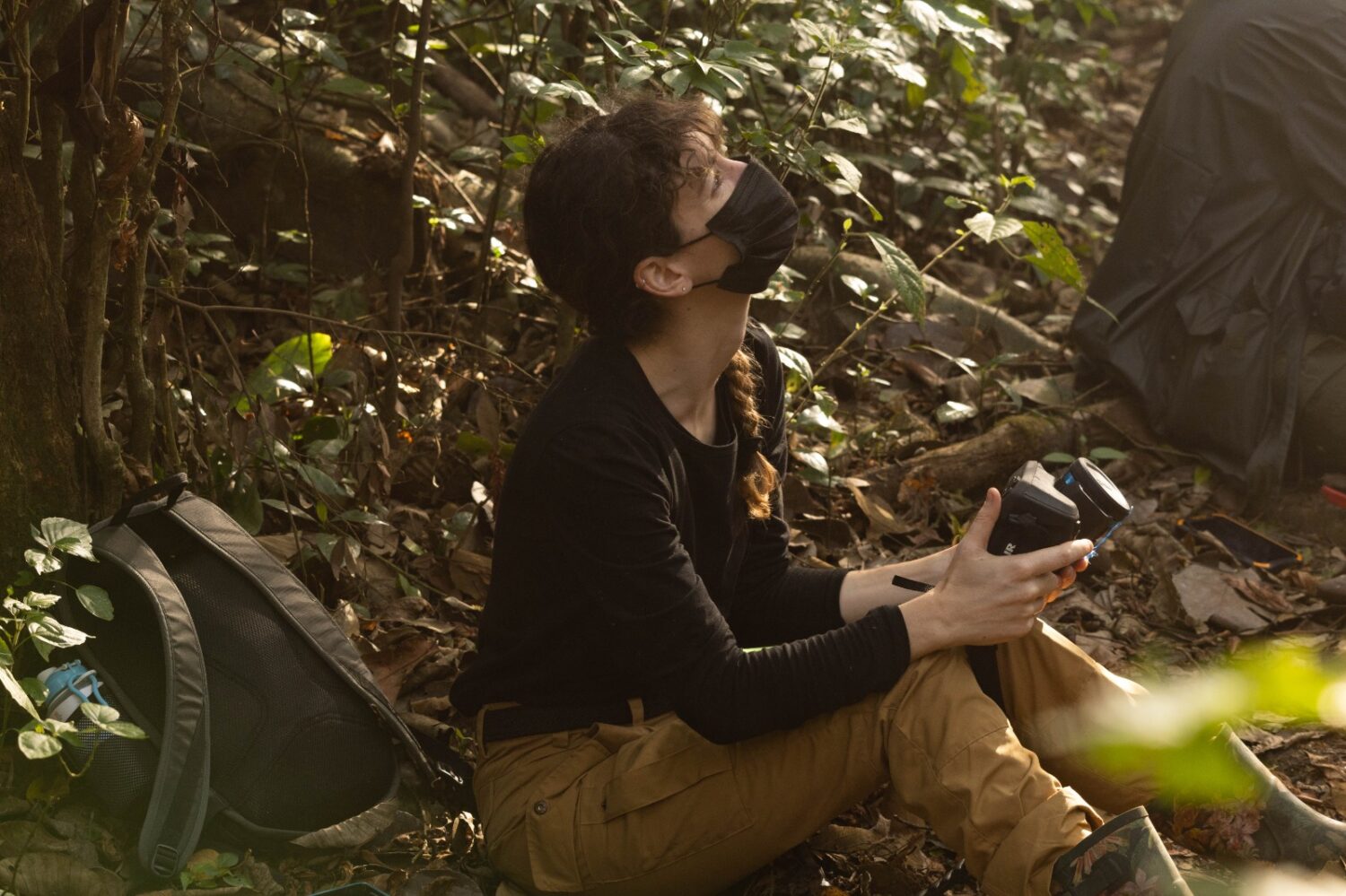
Clara Hozer, University of Neuchâtel: Investigating sleep patterns in wild chimpanzees (Pan troglodytes): Influence of ecological, endogenous and social factors.
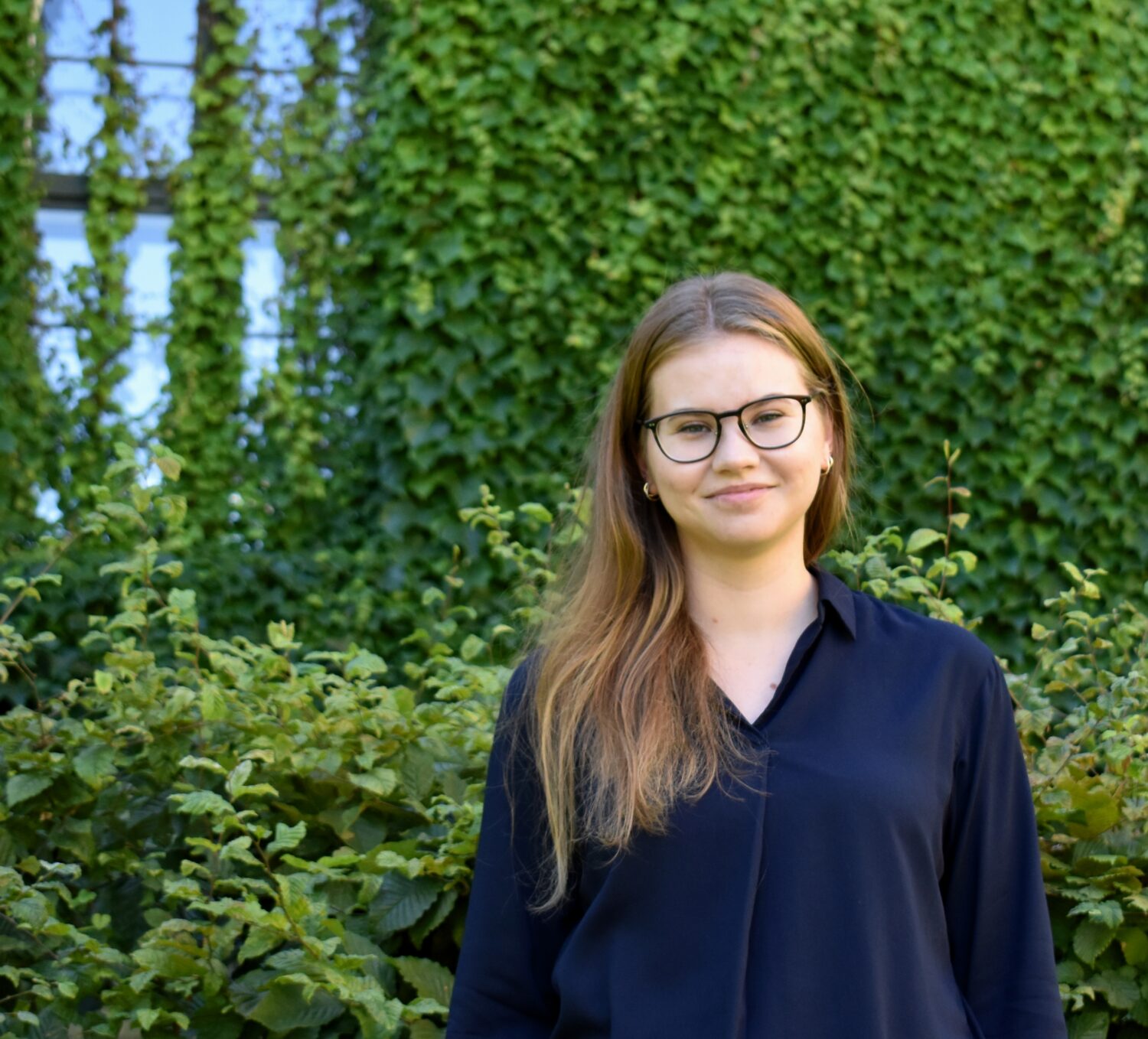
Ragnheiður Ásmundsdóttir, Globe Institute, University of Copenhagen: Delving deeper into human skeletal proteomes
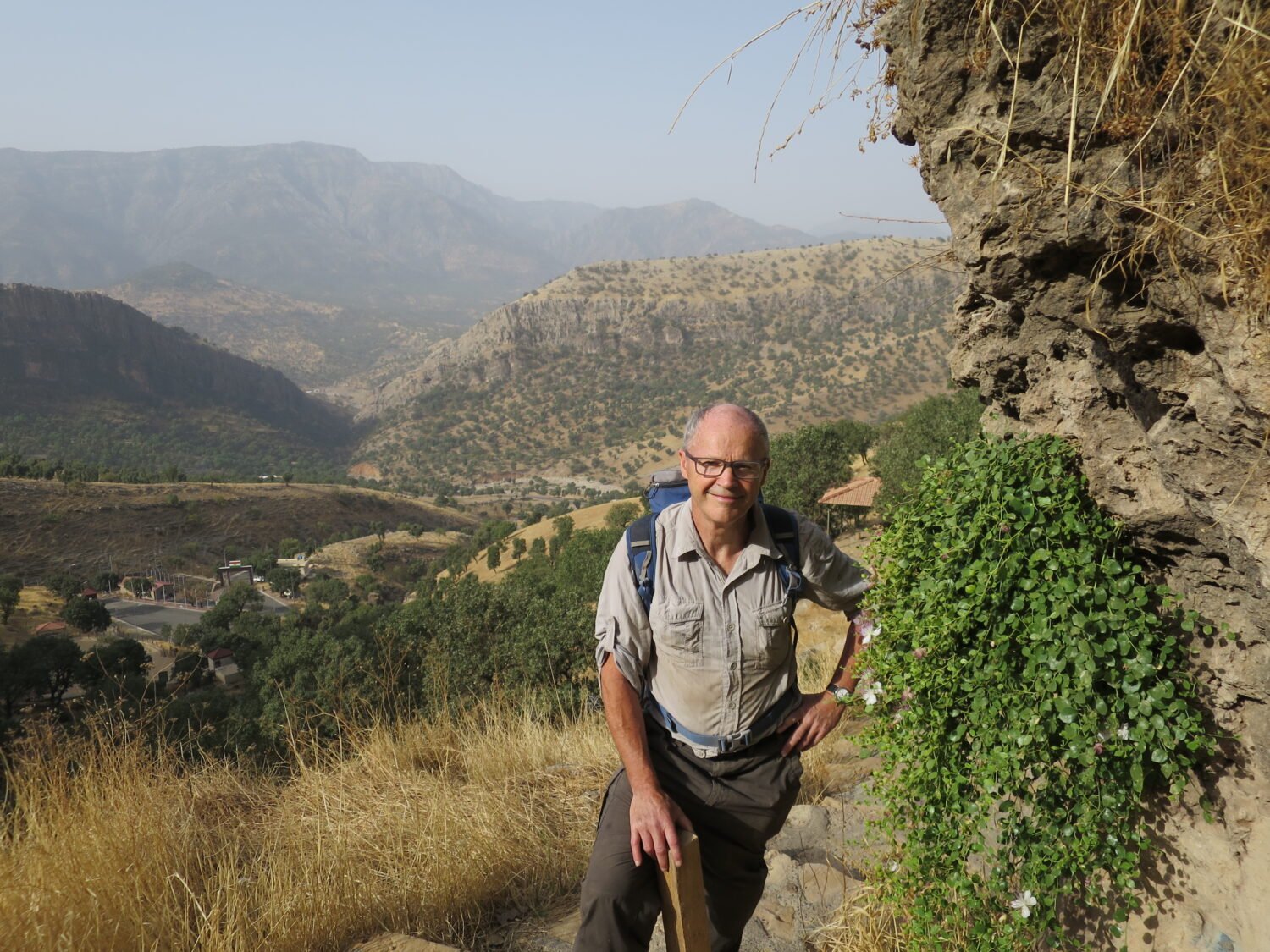
Graeme Barker, University of Cambridge: The Middle to Upper Palaeolithic transition at Shanidar Cave (Iraqi Kurdistan) and its implications for Neanderthal/Modern Human transition scenarios
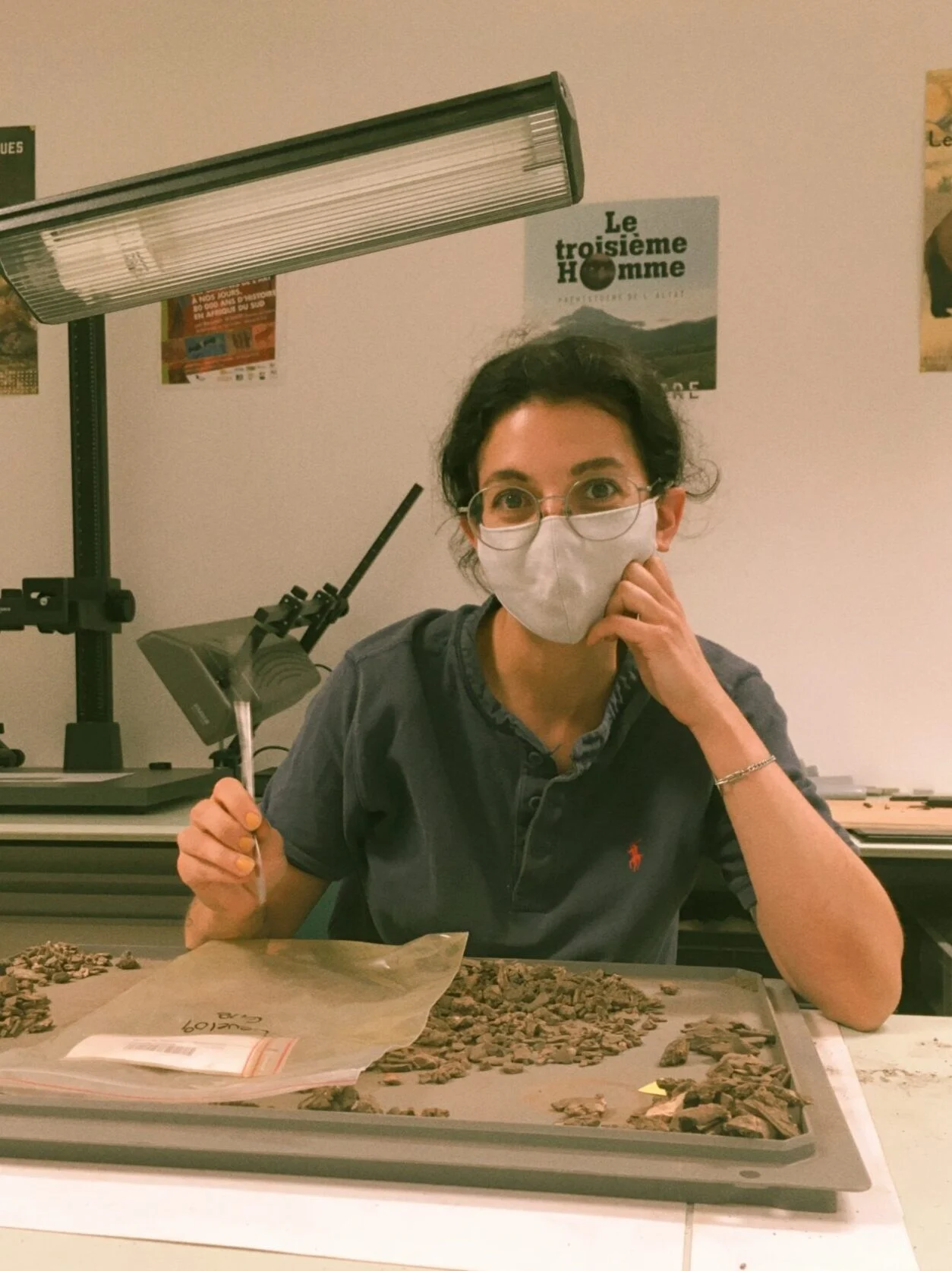
Giulia Gallo, Universite Toulouse Jean Jaures TRACES laboratory, UC Davis Anthropology Department: Zooarchaeological study of Neanderthal pyrotechnology at Combe-Grenal: A regional perspective
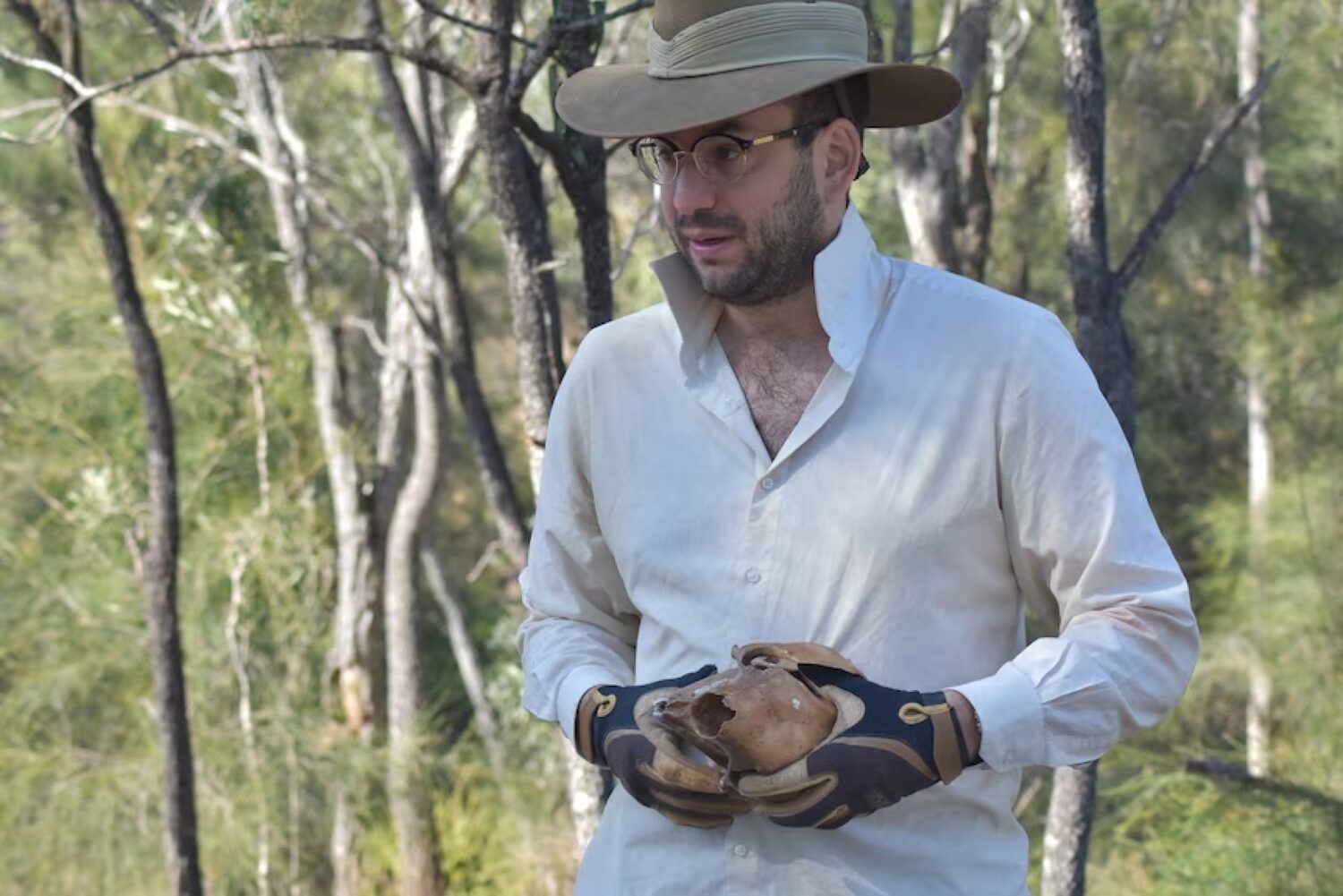
Julien Louys, Griffith University: Age and geological context of an early modern human fossil deposit from Vietnam
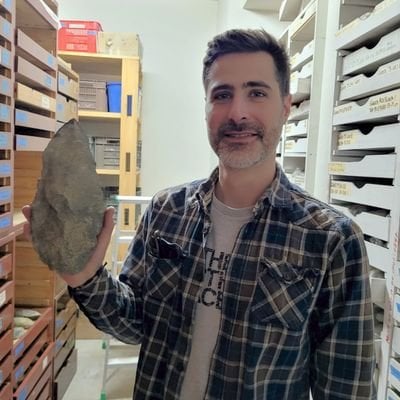
João Marreiros, MONREPOS-LEIZA: On the origins of human technological changes: New insights from stone tool use during the Late Middle-to-Upper Palaeolithic transition in the Levant
Jennifer Parkinson, University of San Diego: Exploring human origins in the Albertine Rift Valley, Uganda
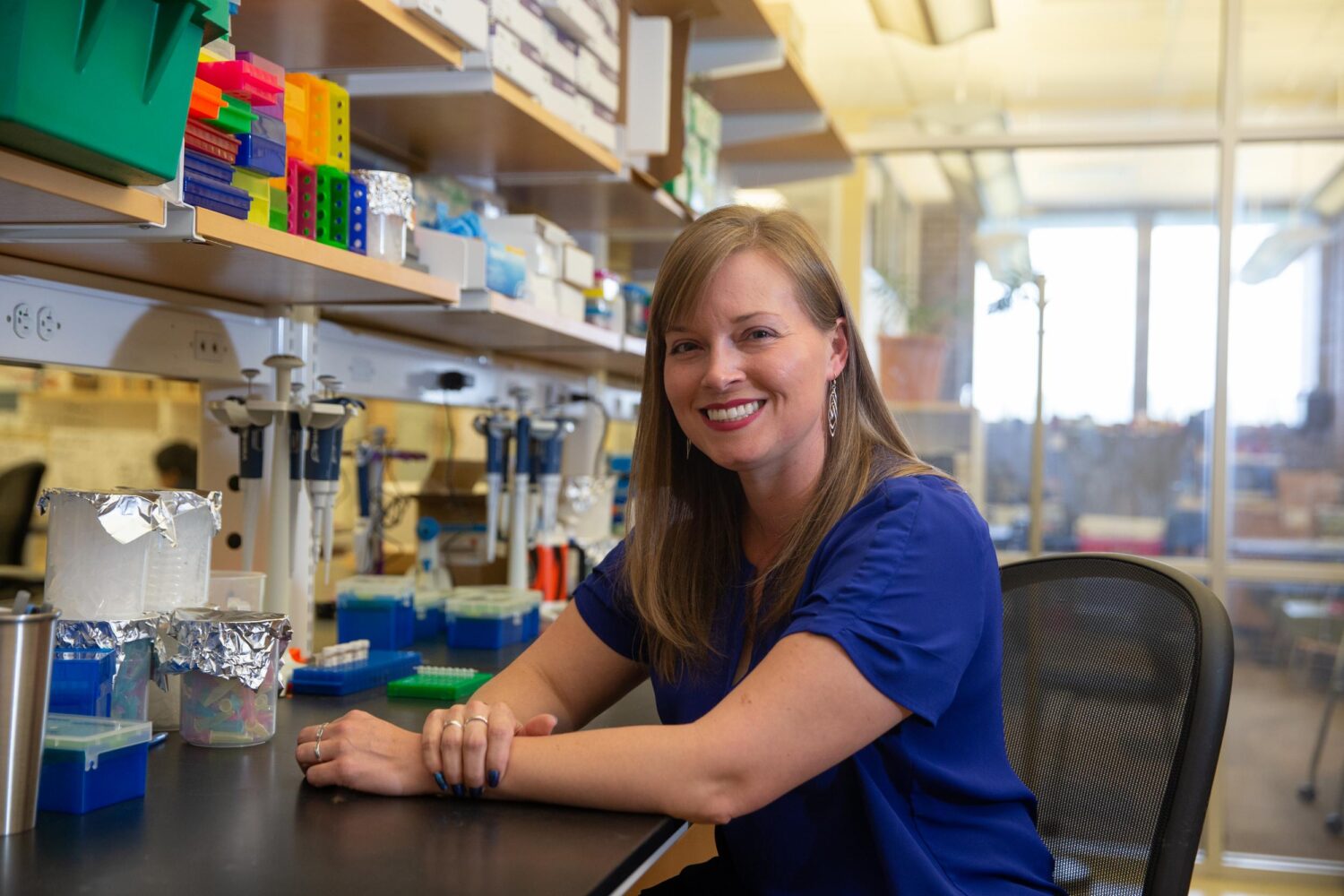
Kathleen Grogan, The University of Cincinnati: The epigenomics of lifestyle and environmental transitions in the Batwa
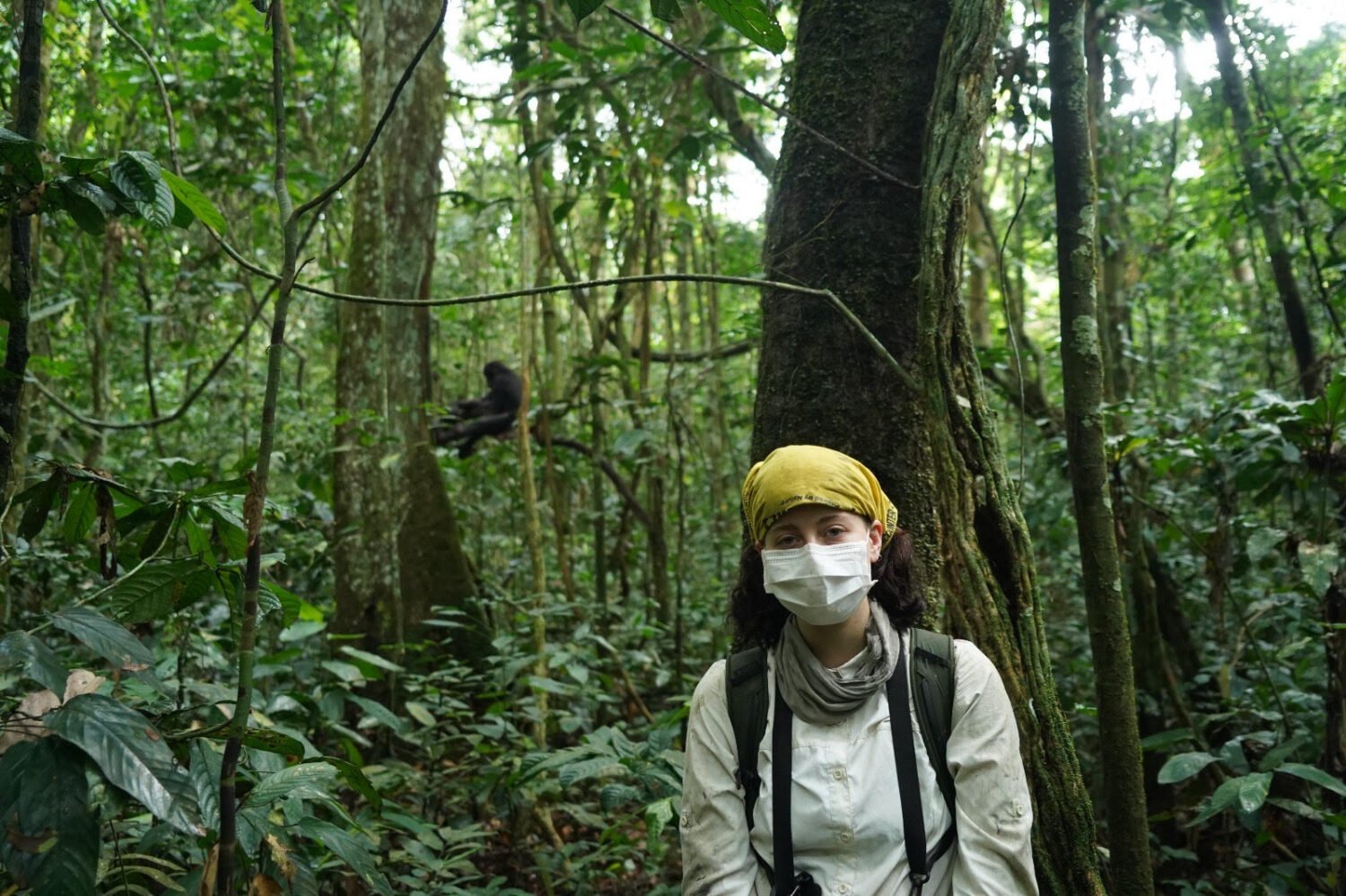
Lillian Fornof, Harvard University: How motherhood shapes patterns of female sociality and social relationships
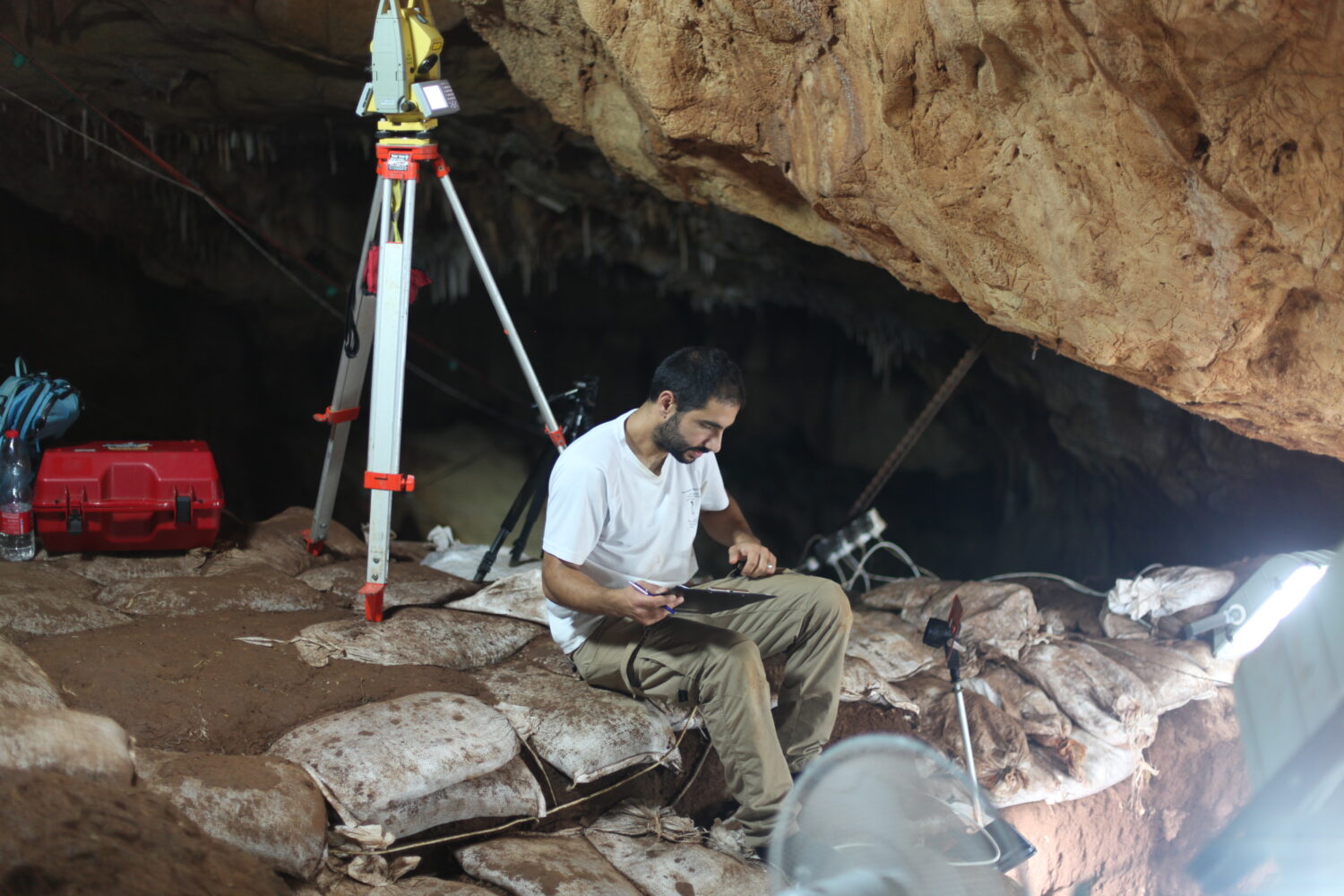
Lotan Edeltin, Ben Gurion University of the Negev: Late Middle – Early Upper Paleolithic in the Levant: Cultural diversity and population dynamics, a view from Shualim Rockshelter, Israel
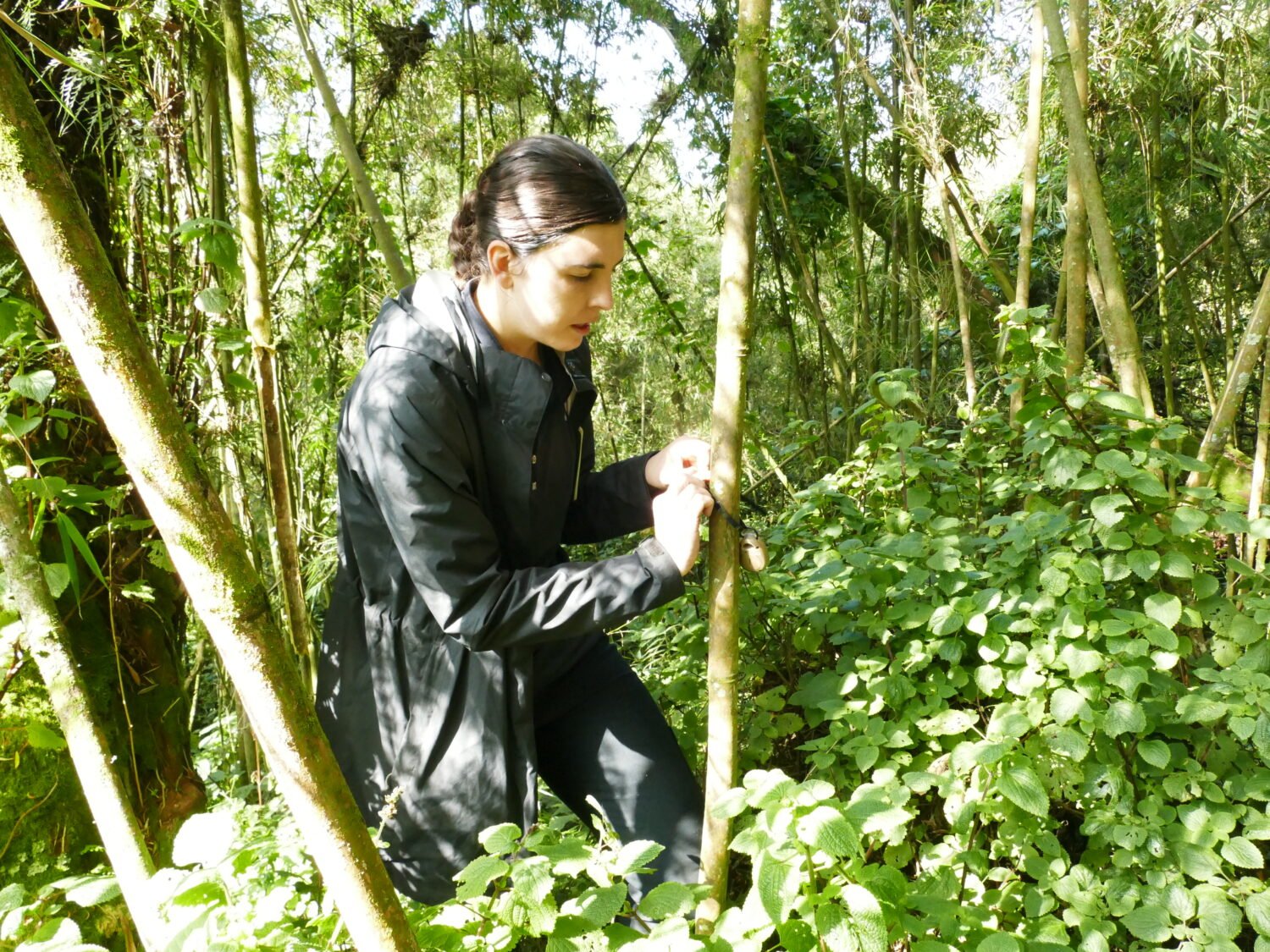
McKensey Miller, University of Michigan: Adaptation to an environmental extreme in a close human relative
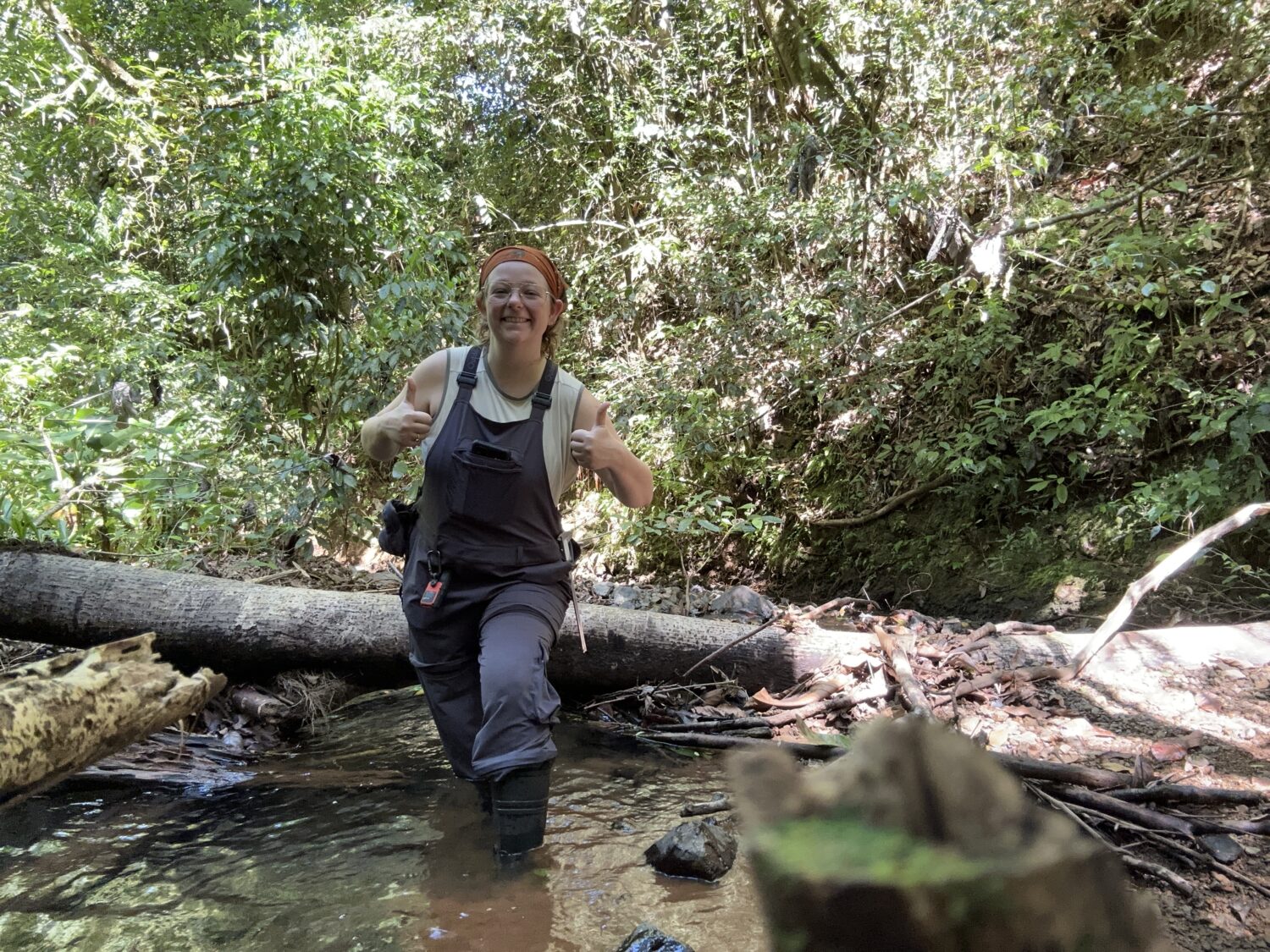
Meredith Carlson, University of California, Davis: Developing an archaeology of white-faced capuchins, Coiba, Panama
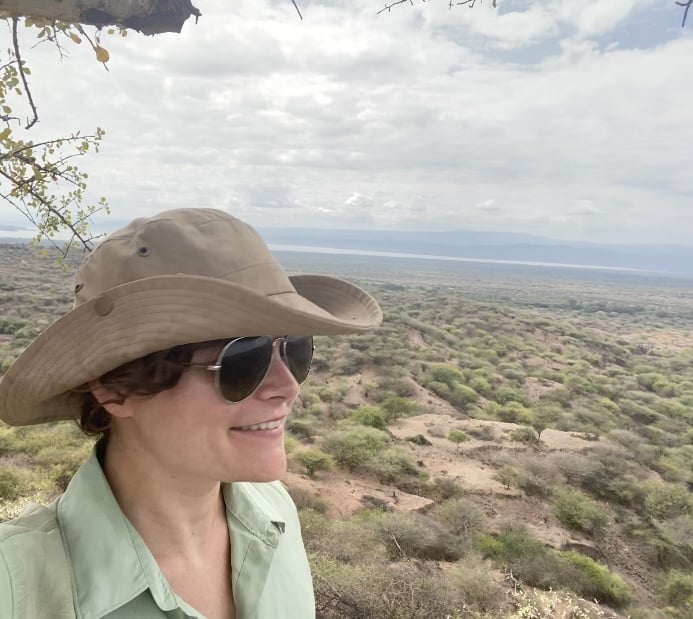
Emily Orlikoff, University of Michigan: Signals of arboreality in the glenohumeral joint: Reconstructing hominin locomotor behavior
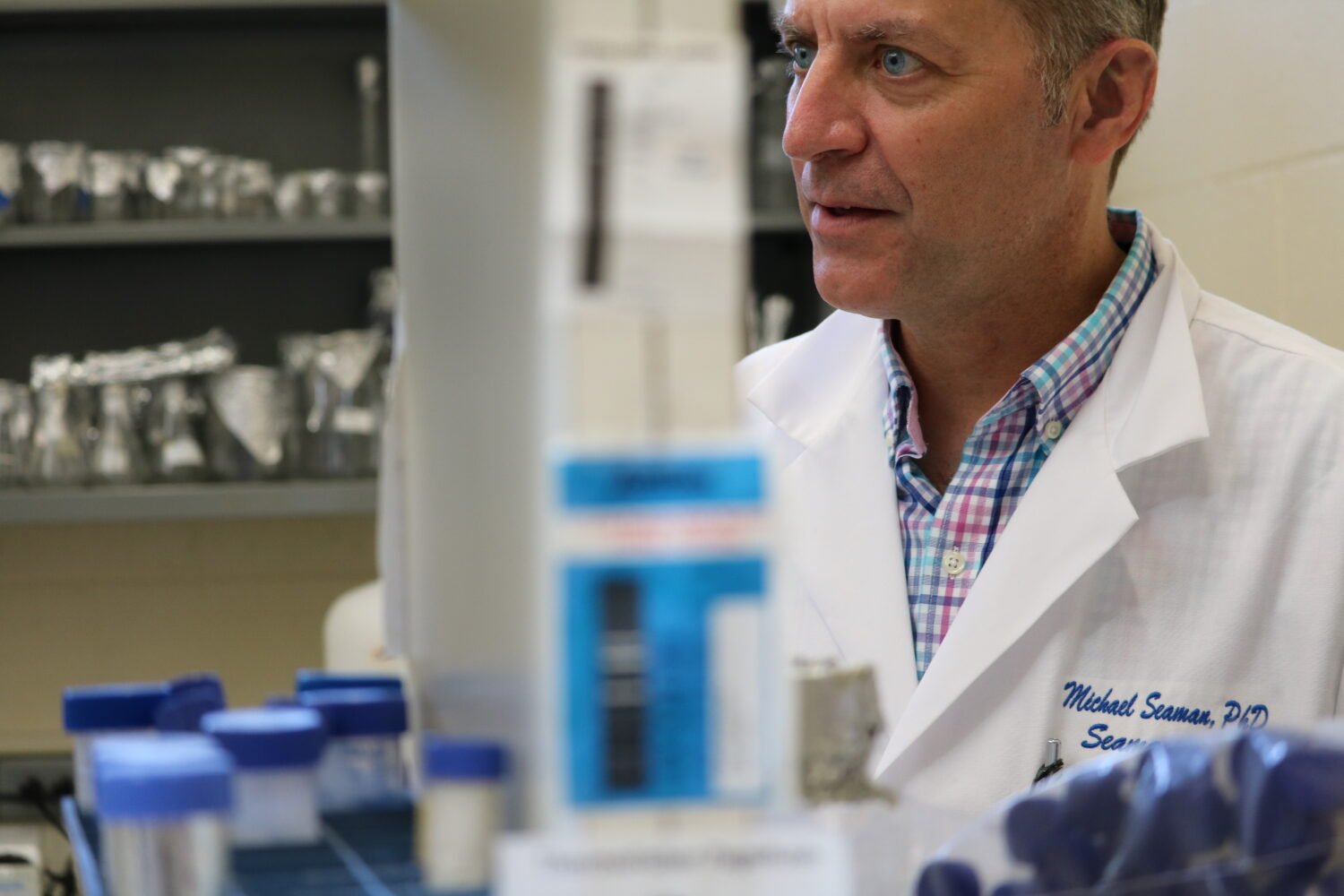
Michael Jensen-Seaman, Duquesne University: Evolutionary functional analysis of male reproductive proteins in primates
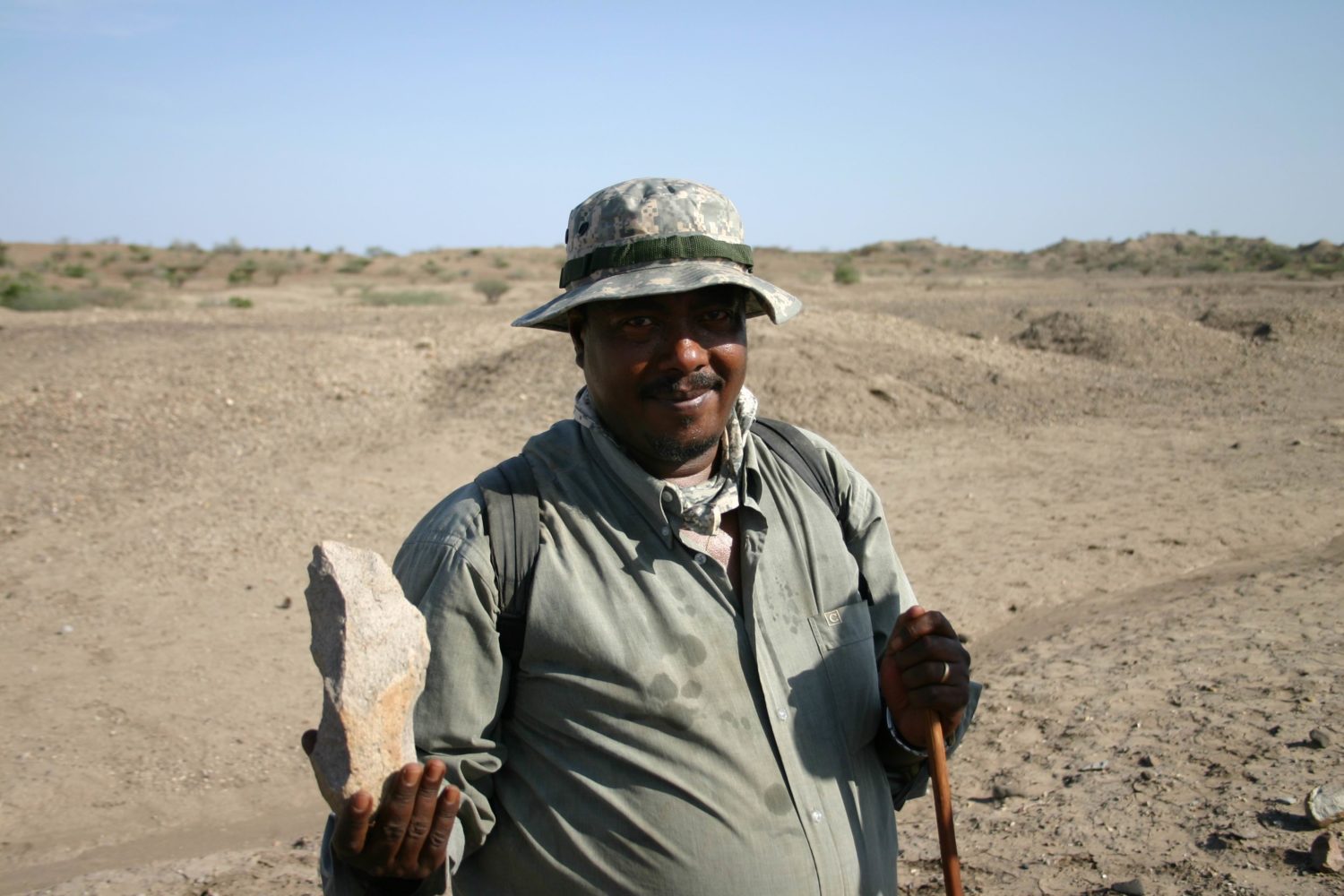
Sileshi Semaw, Centro Nacional de Investigación sobre la Evolución Humana (CENIEH): Continued investigation of the Middle Stone Age and Later Stone Age at Gona, Afar, Ethiopia
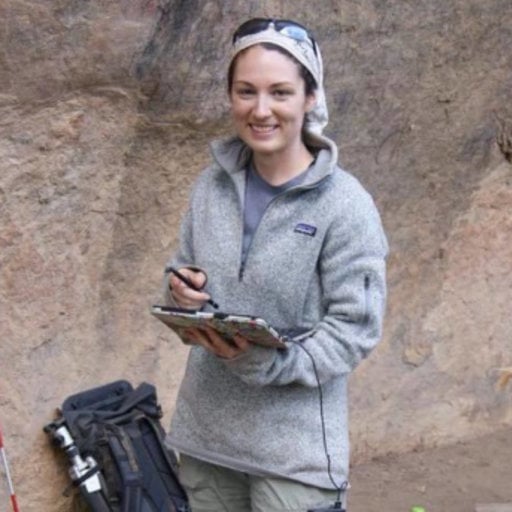
Elizabeth Grace Veatch, Smithsonian Institution: Taphonomy of mammalian faunal remains from Liang Bua, Flores, Indonesia
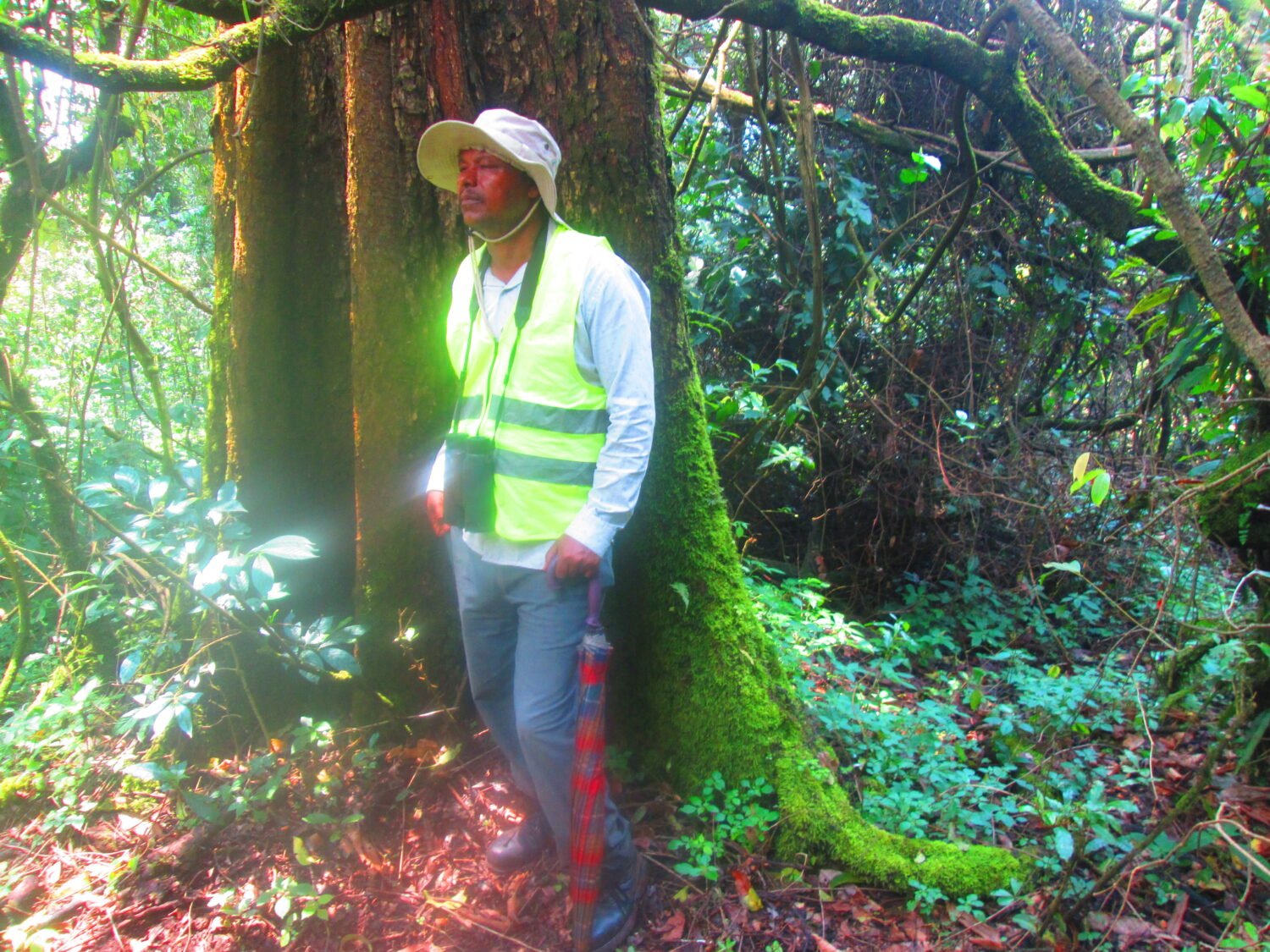
Zewdu Kifle, Bahir Dar University: Underground storage organs: Fallback or preferred food for geladas?
Our community of donors makes these grants possible. With your help, we can continue to illuminate the past, understand the present, and shape a future of new discoveries. Please consider making a donation today.


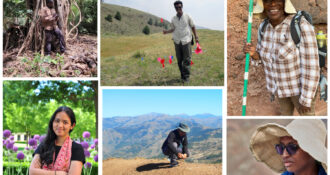
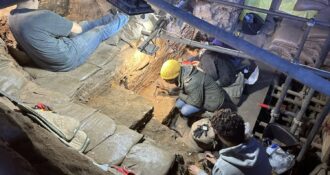
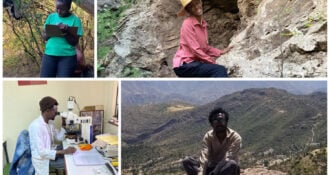
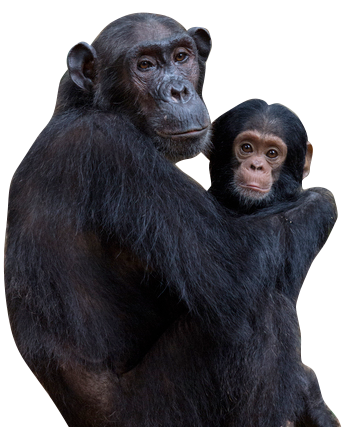
Comments 0